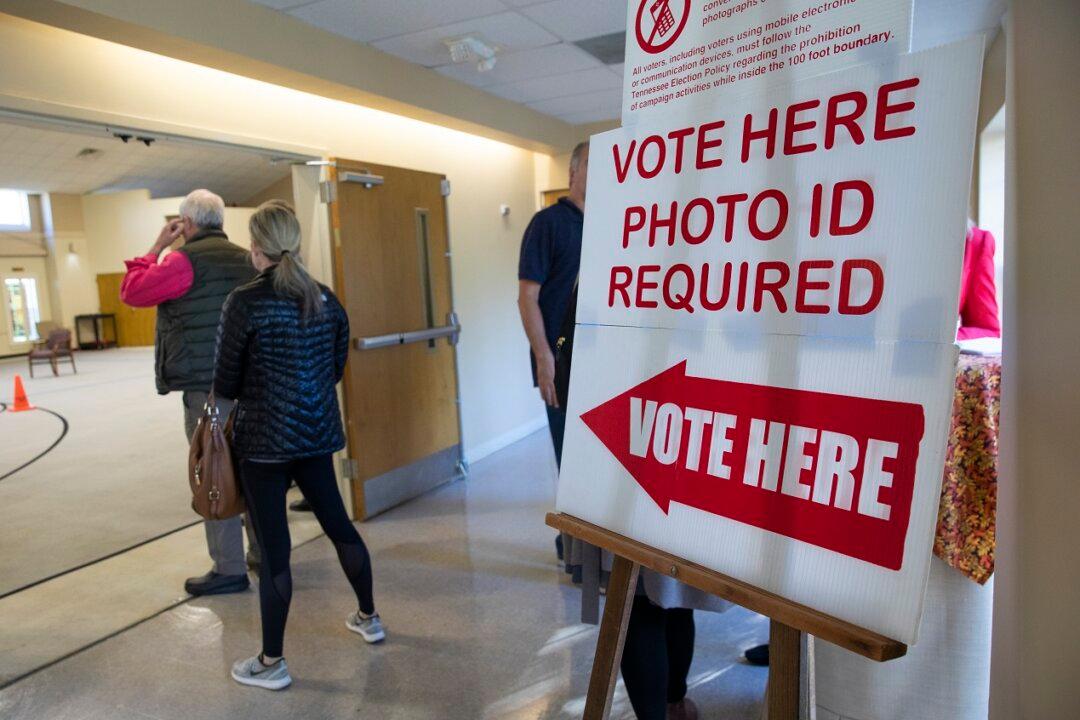Commentary
President Donald Trump delivered an outstanding State of the Union address on Feb. 5. And, although he opened his speech with hopes “that we will govern not as two parties, but as one nation” and laid out plans for “the agenda of the American people,” the reactions of Democrats during and after the speech raise questions about their commitment to working toward policy solutions.





